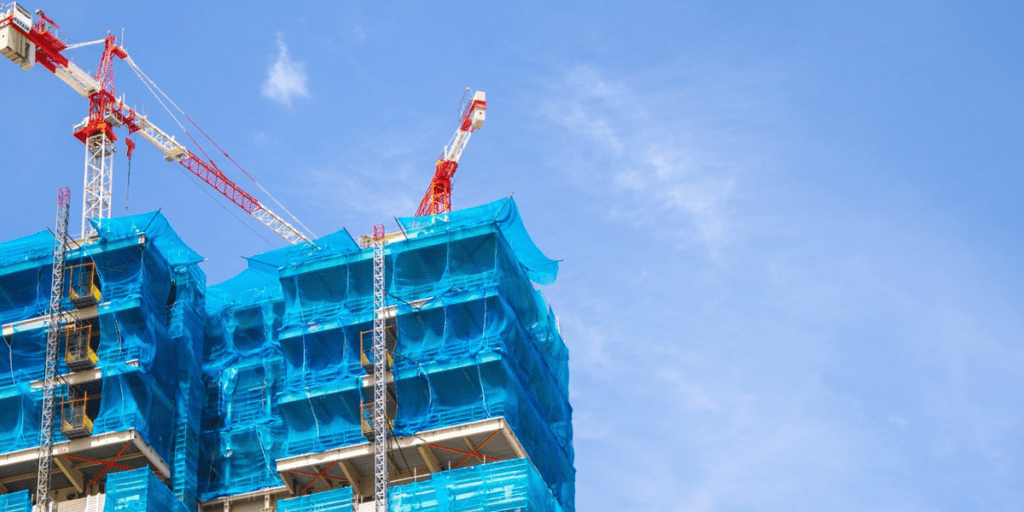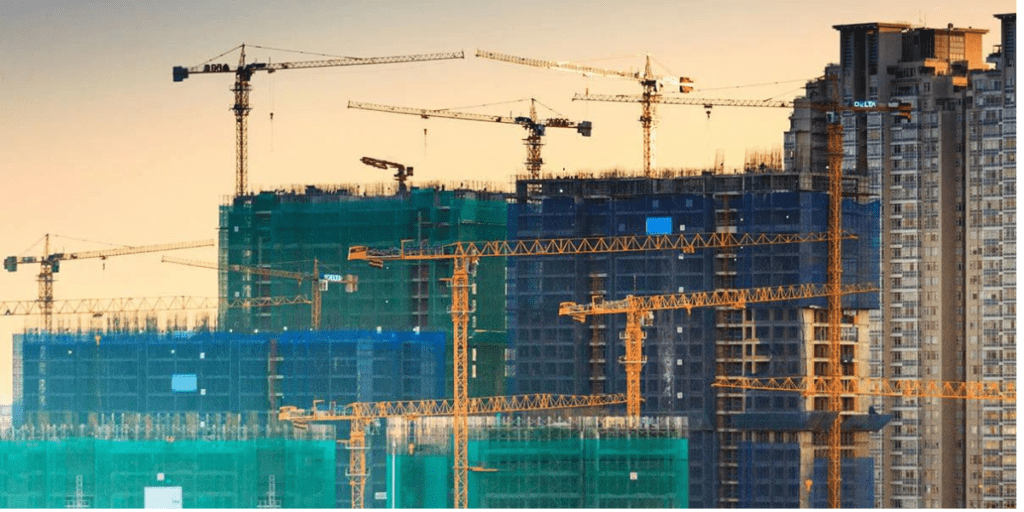Ensuring Construction Safety with Construction Safety Nets
Introduction
Construction sites are bustling hubs of activity where skilled workers, heavy machinery, and materials come together to create remarkable structures. However, amidst this energy and progress, construction safety is paramount. To mitigate risks and protect workers and pedestrians, the use of construction safety nets has become a fundamental practice. In this article, we’ll explore the importance of construction safety nets, their benefits, and key considerations for their use.
The Importance of Construction Safety Nets
Crucial components of high-quality construction safety comprise:
Regulatory Compliance: It’s critical to follow all applicable federal, state, and local safety laws. This includes international agencies that are comparable to OSHA (Occupational Safety and Health Administration) in the United States.
Ensuring that all employees receive sufficient training in safety protocols, equipment usage, and hazard identification. Regular safety meetings and workshops are part of this.
Personal Protective Equipment (PPE): requiring the use of suitable PPE, according to the particular job requirements, such as helmets, gloves, safety glasses, high-visibility vests, and harnesses.
Hazard assessment is the process of continuously assessing building sites for possible risks and putting mitigation plans into place to lower or eliminate those risks.
Safe Work Practises: Creating and implementing guidelines for safe work practises, such as how to handle materials, operate machinery, and work at heights.
Emergency Response Plans: Having well-defined and communicated plans in place for handling unanticipated events such as fires, medical emergencies, and other emergencies.
Fall protection is the use of devices like safety nets, guardrails and personal fall arrest systems to stop falls from heights.
Ensuring correct scaffolding erection and use, along with routine inspections to spot and fix any problems, is scaffolding safety.
Equipment Maintenance: To keep construction equipment safe and in good operating order, it must undergo routine maintenance and inspections.
Encouraging efficient communication among employees, managers, and contractors in order to resolve safety issues and plan actions
Safe Culture: Promoting a safe culture within the construction company, where

Encouraging efficient communication among employees, managers, and contractors in order to resolve safety issues and plan actions.
Creating a culture of safety within the construction company by supporting and encouraging all workers to report any concerns they may have with safety.
Quality Control: Ensuring that the finished construction product satisfies safety standards by incorporating safety precautions into the overall quality control procedures.
Documentation: Maintaining thorough records of safety instruction, mishaps, and safety precautions taken in order to comply with regulations and promote ongoing development.
Subcontractor Compliance: Making certain that subcontractors follow safety procedures, as do their staff members.
Continuous Improvement: Adapting safety procedures and practises to new technologies and industry
best practises on a regular basis.

Why do you need a safety net
Safety nets shall be provided when workplaces are more than 25 feet above the ground or water surface, or other surfaces where the use of ladders, scaffolds, catch platforms, temporary floors, safety lines, or safety belts is impractical.
the two types of safety nets
There are 2 main types of safety net: debris netting and anti-fall net. The debris netting is used to prevent the debris from causing damage or injury to people. And the anti-fall net is designed to catch and protect the people from falls, it is the last safety measure in construction.



[…] roofing and construction industries. Additionally our product range encompasses Braided Safety Nets, Agro Shade Nets, Monofilament Nets / Scaffolding Nets, Anti Bird Net, Bird Spikes, Full Body […]